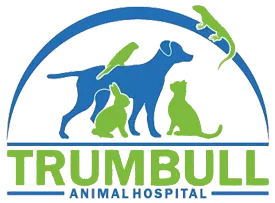What Is a Needle Scope and What Is Endoscope?
Health care and veterinary care have advanced by leaps and bounds in recent years. Doctors and veterinarians alike now have more tools at their disposal than ever before. Among the most effective tools are endoscopic cameras that can be inserted into the body. Trumbull Animal Hospital in Trumbull, CT, provides quality care through state-of-the-art techniques for your pet.
Endoscopy often involves inserting a camera down a person or animal's throat. However, endoscopy isn't limited to such procedures. Endoscopes can also be used to examine organs outside of the digestive tract. Let's take a look at how these cameras work.
Needle Scope and Endoscope Cameras
Cameras now are very tiny. The camera on the typical smartphone, for example, is often higher in quality than many stand-alone cameras from, say, 30 years ago. And yet, that phone camera is small enough to fit inside a compact phone.
As cameras have shrunk, they've become widely used in medicine. Early on, small cameras could be inserted into the stomach and down your throat. Small cameras could also be used to peer into the ears and nostrils.
Over time, doctors started using cameras in arthroscopic treatment as well. With this treatment, a small incision could be cut into the skin. Then, a camera could be inserted into the cut. The camera can then feed digital images back to a monitor. This allows doctors to see inside your body, which helps them make a diagnosis.
Needle Scope and Endoscope for Veterinary Care
As cameras have continued to shrink, it's become possible to use them to peer into different parts of the body. Initially, endoscope procedures were largely limited to the throat and other large passageways. Now, you can use tiny cameras mounted on needles to examine other parts of your body.
Needle cameras and other endoscopic tools can be used in veterinary care. Often, animals undergoing endoscopy are sedated to protect them and provide comfort. If an animal thrashes or moves around during the procedure, it could cause problems. Make sure you ask your vet if your animal will be sedated, and if so, how you can prepare your pet for anesthesia.
Quality Veterinary Care in Trumbull, CT
Want to learn more about endoscopy, needle scope, and vet care? Stop by the Trumbull Animal Hospital in Trumbull, CT, or call our office at 203-268-6231. We are here to answer your questions and provide reliable, quality pet care.
